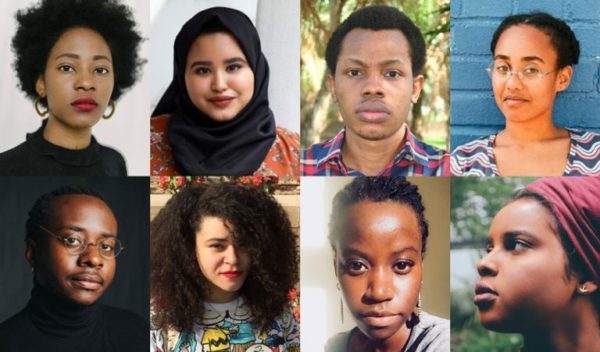
THE BRUNEL International African Poetry Prize has come and gone and has unveiled to the world a new set of voices. Many of this Prize’s previous winners have gone on to establish themselves as formidable voices on the global scene. Warsan Shire’s haunting poems have found their way into Beyonce’s Lemonade album; Safia Elhillo’s work has been featured at the Winter Olympics; Gbenga Adesina’s poem, “How to Paint a Girl,” has appeared in The New York Times Magazine. The list goes on, to buttress a point that the judges for the Prize over the years have indeed had an eye for good poets, a good reason why the Prize’s followership has increased.
The 2018 shortlist which was out early last month had Nour Kamel from Egypt, Hiwot Adilow from Ethiopia, Michelle Agwenyi from Kenya, Gbenga Adeoba and Theresa Lola from Nigeria, Daria Elhassan from Sudan, Momtaza Mehri from Somalia, and Cheswayo Mphanza from Zambia. Nigeria’s Gbenga Adeoba was the only one based in Africa. The Prize organizers were not blind to this fact when they noted in the press release:
“…And while we are committed to finding poets who still live in Africa, the sad truth is that many of our shortlisted poets are those who have had access to a creative writing education and a literature development culture outside of the continent, especially in the US and UK, where creative writing courses proliferate, from informal workshop groups through to postgraduate degrees. There needs to be more creative writing opportunities for the aspiring writers who live in Africa.”
From the discussions and arguments on Facebook, not many Africa-based poets were happy with this statement and what could be its correct interpretation. Have African poets based in Africa suddenly become not-good-enough for the prize? Do they mean that an MFA degree now makes one more qualified for the prize? These questions are representative of the various sides people took in the argument. Some other people thought that those questions were misinterpretations of what might have been meant due to the fact that Africa-based poets have been on the shortlist in substantial numbers in the past, and that two of the three past winners were Nigerian poets who had been based in Nigeria for most of their lives. But then, what could be the reason for the inclusion of just one Africa-based poet from this year’s shortlist? Could it be that these poets are not producing enough quality poetry, and in 2018 across different subjects, given that the organizers suggested that when the prize was first awarded in 2013, a large number of Christian poems were received alongside poems inspired by poetry from black poets of the ’60s and ’70s? Could it be possible that the Brunel Prize Board had actually been dedicated in finding good poets based in Africa but could not find more than one among the submissions? Will subsequent years follow this line of thinking?
FOR YEARS, the discussion has been off and on about who really could be called an African Writer. And one of the most argued points is where that writer should live or gain experiences from, which will inspire their literature. A successful argument has not been established—and I doubt it ever will be—that the African Writer cannot be based abroad. But there has always been an agreement that certain balances must be struck between African writers at home and those in the Diaspora: A whole other discussion which is being awoken and might be in full discourse if the prize follows this thought in subsequent years.
WHEN I saw the shortlist, a few hours after it was released, I was impressed by the craft in Gbenga Adeoba’s poems and their sojourner’s narrative. He was doing something special. Hiwot Adilow’s use of language, which was both dramatic and entertaining, fascinated me, and then puzzled me with its exclusion of punctuation in the third poem. When I read some of her online works in magazines, I related a little bit more then. She was one of my favourites on the shortlist. Theresa Lola’s imagery and poignant relativism were notable: in one of the poems, a man tending to the hairs on a mango seed is likened to tending to hairs on a pet. My personal prediction would have been a tie between Gbenga Adeoba and either Hiwot Adilow or Theresa Lola, but then the prize went to the latter two and Momtaza Mehri.
There is, perhaps, no clear way to put the question, but how did the judges arrive at this decision to award the prize to three poets out of eight names on the shortlist? It has previously been awarded jointly to two poets—Safia Elhillo and Nick Makoha in 2015, and Gbenga Adesina and Chekwube O. Danladi in 2016. So could three winners be a sign of indecision among the judges?
THE IMPORTANCE of this conversation cannot be overemphasized. First, because the Brunel Prize is very important for poetry in Africa. And second, because of the recent rise of a related conversation about the direction of the African literary sphere, whether we are looking towards writers and initiatives on the continent or mainly towards those in the diaspora, about the need for balance in what we place importance on. There is no doubt that quality writing is being produced by Africa-based poets, even in the absence of MFAs where connections can be made. Because there is social media, where writers can connect and inspire each other; there are workshops—by Short Story Day Africa, by Farafina, by Writivism, by the Miles Morland Foundation—and, most importantly, there is the everyday undiluted African experience—the main primordial for factual narratives. And writers who work with these actually measure up to whatever criteria it takes to be heard. In 2017, for example, the inaugural Brittle Paper Award for Poetry went to J.K. Anowe, a poet based in Nigeria with no MFA, for a poem published in Expound, a magazine also based on the continent. How then can it be suggested that “more creative writing opportunities for the aspiring writers who live in Africa” is what it would take to make the Brunel Prize shortlist? It is from asking these questions that we can perhaps move on to the related question of whether or not Africa-based literary professionals are qualified to judge African literary prizes.
About the Writer:
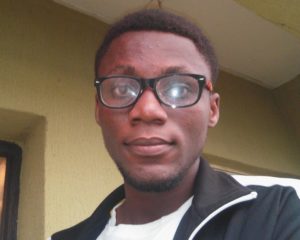 Michael Chiedoziem Chukwudera is a writer and critic who observes life closely and writes passionately about his observations. He is very interested in bringing out, through his writing, the unseen aspects of familiar narratives, and to stir many of the necessary discussions that are shied away from. His poems and nonfiction pieces have been published on Kalahari Review, African Writer, Praxis, and Storried. Follow him on Twitter and Medium where he shares bits and pieces of his mind with @ChukwuderaEdozi.
Michael Chiedoziem Chukwudera is a writer and critic who observes life closely and writes passionately about his observations. He is very interested in bringing out, through his writing, the unseen aspects of familiar narratives, and to stir many of the necessary discussions that are shied away from. His poems and nonfiction pieces have been published on Kalahari Review, African Writer, Praxis, and Storried. Follow him on Twitter and Medium where he shares bits and pieces of his mind with @ChukwuderaEdozi.


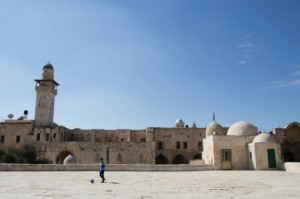
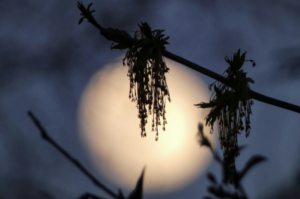
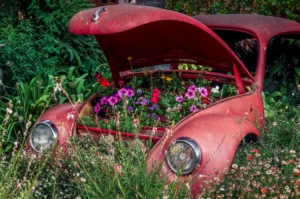
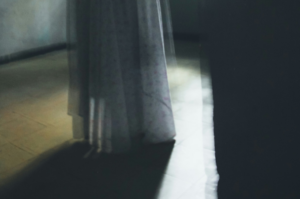
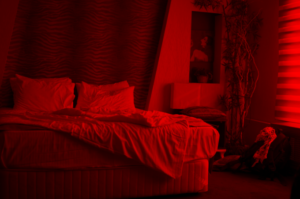
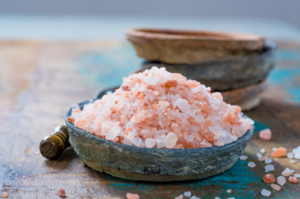

The Miseducation of Nigerian Poets July 27, 2023 02:01
[…] began to spotlight MFA poets at the expense of those writing wonderful poetry in Africa, a trend I wrote about in Brittle Paper in 2018. (At the time, the Brunel Prize was highly anticipated among poets, and […]